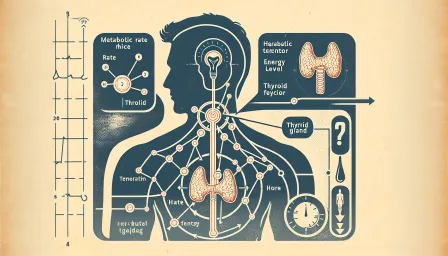The Ultimate Guide to Water Intake for Athletes: Stay Hydrated for Peak Performance

Explore the essential guide for athletes on optimal water intake to stay hydrated and achieve peak performance. Learn how much water you need, the science behind hydration, and practical tips to stay hydrated.
Introduction
Maintaining optimal hydration is crucial for athletes aiming to achieve peak performance. Adequate water intake for athletes is not only fundamental for overall health but also plays a pivotal role in improving endurance, strength, and recovery. This guide delves into the importance of hydration, how much water you need, and practical tips to ensure you remain adequately hydrated.
Why Hydration Matters for Athletes
Water makes up about 60% of the human body and is involved in nearly every bodily function, including temperature regulation, transportation of nutrients, and waste elimination. For athletes, the stakes are even higher:
- Temperature regulation: Proper hydration helps maintain a stable body temperature during intense physical activities.
- Muscle function: Muscles are heavily reliant on water to prevent cramps and ensure efficient contraction and relaxation.
- Performance and endurance: Dehydration can lead to a significant drop in performance levels, affecting an athlete's endurance and strength.
- Recovery: Water aids in the recovery process post-exercise by facilitating nutrient transportation and reducing muscle soreness.
Determining Your Water Needs
Factors Affecting Water Intake for Athletes
The amount of water an athlete needs can vary widely due to several factors:
- Body size and composition: Larger athletes or those with more muscle mass require more water.
- Activity level and intensity: High-intensity sports or prolonged exercise sessions increase water loss through sweat.
- Environmental conditions: Heat and humidity accelerate fluid loss, necessitating higher water intake.
- Individual sweat rate: Some athletes sweat more profusely than others and hence require more water.
- Diet: Diets high in sodium and protein can increase the need for water.
How to Calculate Your Hydration Needs
While the general guideline suggests drinking about 8 glasses (64 ounces) of water per day, athletes often need more. Here’s a more tailored approach:
- Baseline: Start with a baseline of half your body weight in ounces. For example, if you weigh 150 pounds, aim for 75 ounces (about 2.2 liters) of water per day.
- Add for activity: For every hour of intense exercise, add an additional 16-20 ounces of water.
Practical Hydration Strategies for Athletes
Pre-Exercise Hydration
Proper hydration begins before your workout or competition:
- Start hydrating early: Drink at least 16-20 ounces of water 2-3 hours before exercise.
- One hour before: Drink another 8-10 ounces of water.
During Exercise
Maintain fluid balance while exercising:
- Regular intervals: Drink 7-10 ounces of water every 10-20 minutes.
- Monitor sweat loss: Weigh yourself before and after exercise to estimate sweat loss and adjust water intake accordingly.
- Sports drinks: For sessions longer than 60 minutes, consider a sports drink to replenish electrolytes.
Post-Exercise Hydration
Effective recovery requires replenishment of lost fluids:
- Immediate rehydration: Drink at least 16-24 ounces of water for every pound lost during the exercise session.
- Continued hydration: Keep drinking water post-exercise to ensure full recovery and maintain hydration levels.
Signs of Dehydration and Overhydration
Recognizing Dehydration
Staying attuned to the signs of dehydration can prevent severe health issues:
- Dry mouth and increased thirst
- Dark yellow urine and infrequent urination
- Fatigue and dizziness
- Muscle cramps and headaches
The Risks of Overhydration
While rare, overhydration (or hyponatremia) can be just as dangerous as dehydration:
- Confusion and disorientation
- Nausea and vomiting
- Swelling and bloating
- Seizures (in severe cases)
To avoid overhydration, balance your fluid intake with electrolyte replenishment, especially during prolonged exercise sessions.
Conclusion
Hydration is an indispensable element of an athlete's regimen. By understanding the specific water intake needs and implementing effective hydration strategies, athletes can optimize their performance, enhance recovery, and ensure overall well-being. Make water intake a priority in your athletic routine to stay ahead of the game.



























